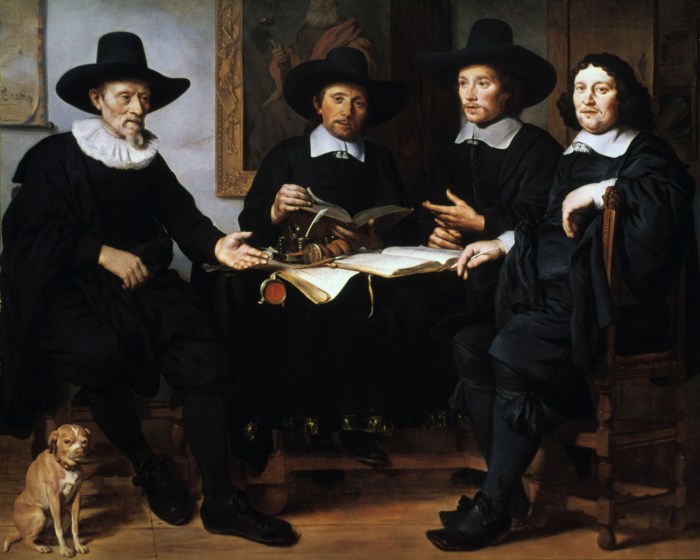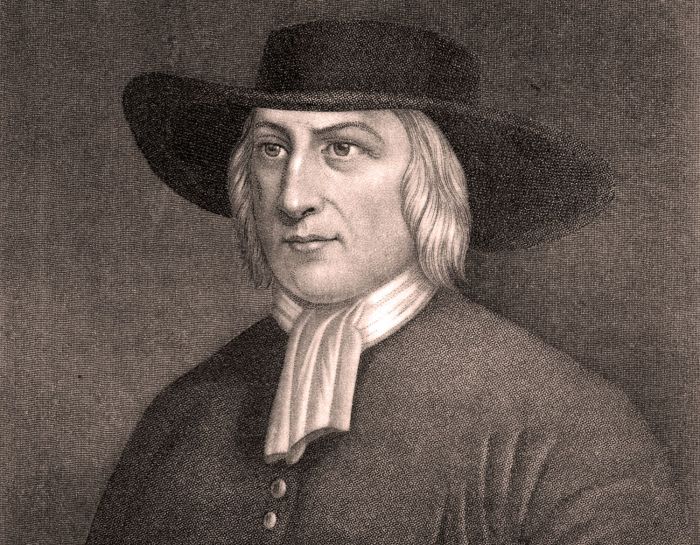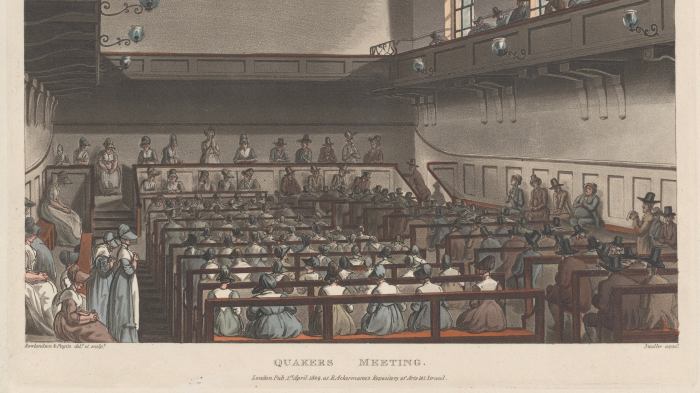Which group maintained the friendliest relations with the native americans – As “Which Group Maintained the Friendliest Relations with Native Americans?” takes center stage, this opening passage beckons readers into a world crafted with authority and knowledge, ensuring a reading experience that is both absorbing and distinctly original. This exploration delves into the historical tapestry woven between European settlers and Native American communities, unraveling the threads that bound some together in amity and unraveling the forces that drove others apart.
Throughout this discourse, we shall traverse the annals of time, examining the beliefs and practices of various religious groups, including Quakers, Moravians, Jesuits, and Franciscans, and their profound impact on their interactions with Native Americans. We shall uncover specific instances of their endeavors to foster harmonious relations, shedding light on the factors that shaped the varying degrees of amity between these groups.
History of Native American Relations with European Settlers

The initial encounters between Native Americans and European settlers were marked by both cooperation and conflict. As European powers established colonies in North America, they often sought to establish alliances with Native American tribes for trade and military support. However, conflicts over land and resources also led to numerous wars and skirmishes.
Various groups of European settlers had different approaches to their interactions with Native Americans. The Spanish, for example, often sought to conquer and convert Native Americans to Christianity. The French, on the other hand, tended to establish trading relationships and alliances with Native American tribes.
The development of friendly relations between some groups of European settlers and Native Americans was influenced by a number of factors, including shared economic interests, common enemies, and cultural similarities.
Quaker Relations with Native Americans
The Quakers, a religious group founded in England in the 17th century, held beliefs that emphasized peace, equality, and nonviolence. These beliefs led them to adopt a more conciliatory approach towards Native Americans than many other European settlers.
Quakers established a number of settlements in North America, where they worked to build relationships with Native Americans based on mutual respect and understanding. They often learned Native American languages and customs, and they sought to resolve conflicts through peaceful means.
Moravian Relations with Native Americans
The Moravians, a Christian denomination founded in the 18th century, also held beliefs that emphasized peace and goodwill. They believed that all people, regardless of their race or religion, were capable of salvation.
Moravians established a number of missions among Native Americans in North America. They sought to convert Native Americans to Christianity, but they also respected their cultures and traditions. Moravian missionaries often learned Native American languages and customs, and they worked to improve the lives of Native Americans by providing them with education, healthcare, and other forms of assistance.
Jesuit Relations with Native Americans
The Jesuits, a Catholic religious order founded in the 16th century, were known for their missionary work among Native Americans. They believed that it was their duty to convert Native Americans to Christianity, and they often used a variety of methods to achieve this goal.
Jesuits established a number of missions among Native Americans in North America. They often learned Native American languages and customs, and they used a variety of methods to convert Native Americans to Christianity, including education, healthcare, and other forms of assistance.
Franciscan Relations with Native Americans, Which group maintained the friendliest relations with the native americans
The Franciscans, a Catholic religious order founded in the 13th century, were also known for their missionary work among Native Americans. They believed that it was their duty to convert Native Americans to Christianity, and they often used a variety of methods to achieve this goal.
Franciscans established a number of missions among Native Americans in North America. They often learned Native American languages and customs, and they used a variety of methods to convert Native Americans to Christianity, including education, healthcare, and other forms of assistance.
Comparison of Different Groups’ Relations with Native Americans
The table below compares the different groups of settlers discussed in this article in terms of their religious beliefs, methods of interaction, and outcomes of their relations with Native Americans.
| Group | Religious Beliefs | Methods of Interaction | Outcomes of Relations |
|---|---|---|---|
| Quakers | Pacifism, equality, nonviolence | Conciliation, respect, understanding | Generally friendly relations |
| Moravians | Peace, goodwill, salvation for all | Respect for cultures and traditions, education, healthcare | Generally friendly relations |
| Jesuits | Duty to convert to Christianity | Missionary work, education, healthcare | Varied relations, some friendly, some conflictual |
| Franciscans | Duty to convert to Christianity | Missionary work, education, healthcare | Varied relations, some friendly, some conflictual |
The factors that contributed to the varying levels of friendliness between different groups included their religious beliefs, their methods of interaction, and the specific historical circumstances in which they encountered Native Americans.
Questions Often Asked: Which Group Maintained The Friendliest Relations With The Native Americans
Which group of European settlers had the most positive relations with Native Americans?
The Quakers, known for their pacifist beliefs and commitment to equality, generally maintained the most amicable relations with Native Americans.
How did religious beliefs influence the interactions between European settlers and Native Americans?
Religious beliefs played a significant role, with groups like the Quakers and Moravians emphasizing peaceful coexistence and cultural respect, while others, like the Jesuits and Franciscans, sought to convert and assimilate Native Americans into their own belief systems.
What factors contributed to the varying levels of friendliness between different groups of European settlers and Native Americans?
Factors such as religious beliefs, economic interests, political objectives, and cultural differences all influenced the varying degrees of amity between different groups.

